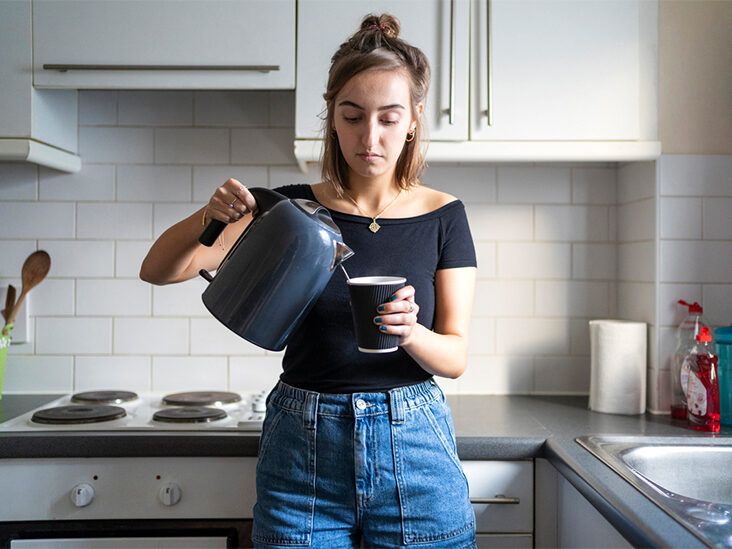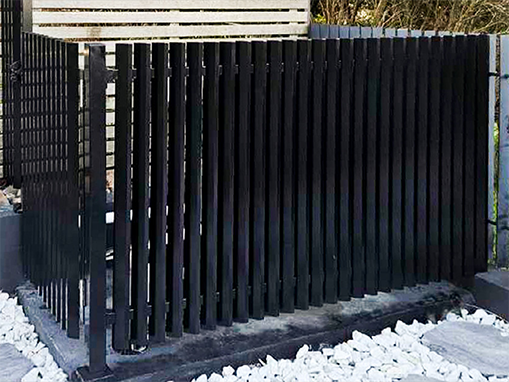‘Covid vaccine shortages are very likely
“There’s a big difference between having no known cure and having something that works a bit,” he says. “Not only does it affect the total [mortality] numbers, it manages people’s sense of threat and fear, it changes the mindset of healthcare providers and I think we’ve already begun to move from the complete fear and panic of February and March into a new mode.”
Although his hospital currently contains more Covid patients than it did in March and April – about 50 intubated Covid patients on any given day – the healthcare system is coping. “It would be much better if there were no cases, but the fear has changed,” he says.
Mortality is also lower at the moment, he adds, which “might be a combination of a change in the case mixture of who’s getting sick [the hospital is seeing more younger patients] and hopefully a change in the way in which we’re caring for patients,” he says.
The need for fair distribution of any successful therapeutic drugs, and of an eventual vaccine, is something he’s acutely aware of. He favours the idea of a weighted lottery system, “where everyone weighs in on the ethics of it.”
Difficult conversations about who should be prioritised will be needed both within and between countries. It might be decided that frontline workers should be at the front of the queue, says Dr Angus. “But equally you have the question of underrepresented minorities who appear to have a disproportionate burden of the disease. You could say that they should have a chance… The point is to write out your ethical principles of fairness and be entirely transparent about it.
“It’s highly likely, given the sheer scale of infection, that we’re going to face legitimate shortages. Without a transparent and explicit system, it will be a feeding frenzy. Those that have power and influence will seek to guarantee access, whether that’s at the international level or even within countries.”
Meanwhile, the British government at least must do better at stamping out Covid transmission, argues Prof Michie.
“At the moment what we’ve got is total unpredictability [regarding] which part of the country will be hit next,” she says. “This whack-a-mole approach is really misguided. I think it will be damaging to the economy – and it will lead to a lot of lives being unnecessarily lost.”
Race Against the Virus: The Hunt for a Vaccine is on Channel 4 on Monday August 3 at 9pm








